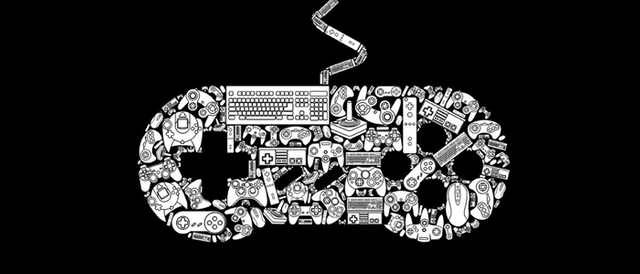Study: Computer games increase the performance of children in social networks - lower

Scientific research has shown that children who play video games almost every day get better grades in mathematics and science. But those who spend hours on social networks, are lagging behind in their studies.
The scientists tested more than 12 thousand. Australian teenagers aged 15 years. Participants of the project carried out assignments in math, science, reading and answering questions about the amount of time they spend in social networks and playing computer games.
Teens were tested for the famous Pisa System (Program for International Student Assessment), which checks the children's awareness in the basic disciplines of every 3 years in more than 70 countries. Ukraine also joined the program in 2018.
According to the survey, scientists have shown that video games can help students to apply and improve the skills obtained in school.
"Students who have played every day, got 15 points higher in math test and 17 points bypassed peers in the natural sciences", - said Alberto Posse from the University of Melbourne (Australia).
When a child plays video games, they learn to solve problems and overcome obstacles in order to go to the next level. This involves the application of knowledge and skills in the basic sciences.
"Teachers should look for opportunities to apply nezhestokie video games in the classroom", - advised Alberto Posse.
Also Dr. Poss said that teens who daily long time friends in Facebook, received 20 points less on the math test than peers who do not have profiles in social networks.
"Students who constantly sit in social networks certainly lose time that could be used for training. But on the other hand it shows that they sacrifice mathematics and other sciences for socialization.
Teachers can also use social networks in order to attract the attention of students to learn, "- said the scientist.
Alberto Posse also does not deny that there are many external factors that could affect the progress of pupils.
For example, students-foreigners or members of non-dominant ethnic groups, the results of the study were more likely to keep up than those who spent a lot of time to Facebook.
We add to the educational process in North America is planned to introduce a modified version of the game Sid Meier's Civilization V called CivilizationEDU. It is assumed that CivilizationEDU can be used for development in a critical and systematic thinking of students, ability to make decisions based on the position of their state in the virtual world, and the ability to assess the consequences of their decisions.
Hi! I am a content-detection robot. This post is to help manual curators; I have NOT flagged you.
Here is similar content:
https://steemit.com/news/@lapochka/study-computer-games-increase-the-performance-of-children-in-social-networks-lower
Downvoted because she is SCAMer! Details in our new investigation: SCAM ALERT — user @lapochka has stolen photos for her introduceyourself from model Eleanora Zirka